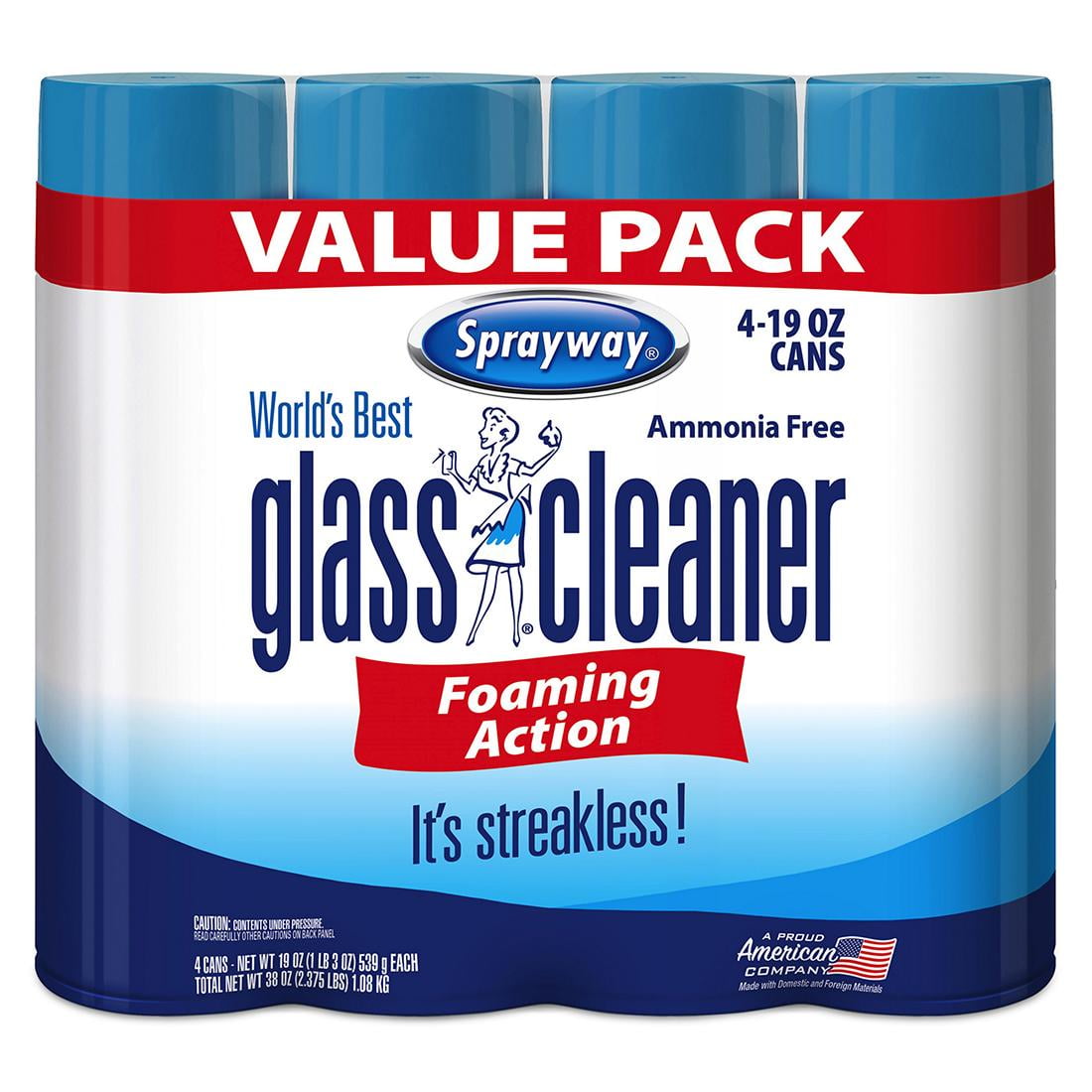
Commercially produced glass cleaners have been formulated with safety and effectiveness in mind. Other alternatives such as diluted dish washing liquids usually leave a film or residue which can be hard to remove. Alternative cleaners such as ammonia and vinegar in water lack the necessary detergency and solvent action required to give the optimum results. Homemade glass cleaners usually lack the cleaning power of commercial products, which are balanced for effective cleaning and provide a streak-free shine. But what’s better about them? And are they really as effective? Search the web and you’ll find hundreds of recipes for alternative glass cleaners using vinegar, natural soap, or ammonia. With the recent buzz about “green” or “alternative” cleaning products, you’ve probably heard about homemade, “natural” glass cleaners. This highly efficient combination helps to easily clean surfaces without leaving the residue that appears in our mirrors and windows as streaks.

Sometimes they even have fragrances for a pleasant aroma. Glass cleaners usually contain surfactants and solvents that adhere to the glass surface and lift away dirt and grime, providing shiny surfaces extra sparkle. It’s a tall order, but the research and chemistry behind glass cleaners have made it all possible. They have to dissolve dirt and grime, leave a surface shiny, and most importantly, they have to do it all without leaving telltale streaks or films. While we don’t recommend glass cleaner for healing physical ailments (remember to always follow directions on any product’s label), the film’s memorable use of glass cleaner is proof of the product’s place in our homes and our popular culture. Glass cleaner even had a supporting role in the 2002 hit comedy “My Big Fat Greek Wedding.” The film, which focused on the traditions of an eccentric Greek family, featured a patriarch who believed in the curative properties of glass cleaner. Today, glass cleaner is one of the staples of home cleaning. The powerfully effective new product took the hard work out of cleaning windows, mirrors, and other shiny surfaces in the home. A product was needed that would clean effectively without leaving streaks.Ĭommercially produced glass cleaner became available to the public in the 1940s.

The grime and dirt made it nearly impossible for gunners to see or aim at anything.

The United States Air Force was having a problem with buildup on the plexiglass gunner sights of the B-29. Glass cleaners were born of necessity during World War II.


 0 kommentar(er)
0 kommentar(er)
